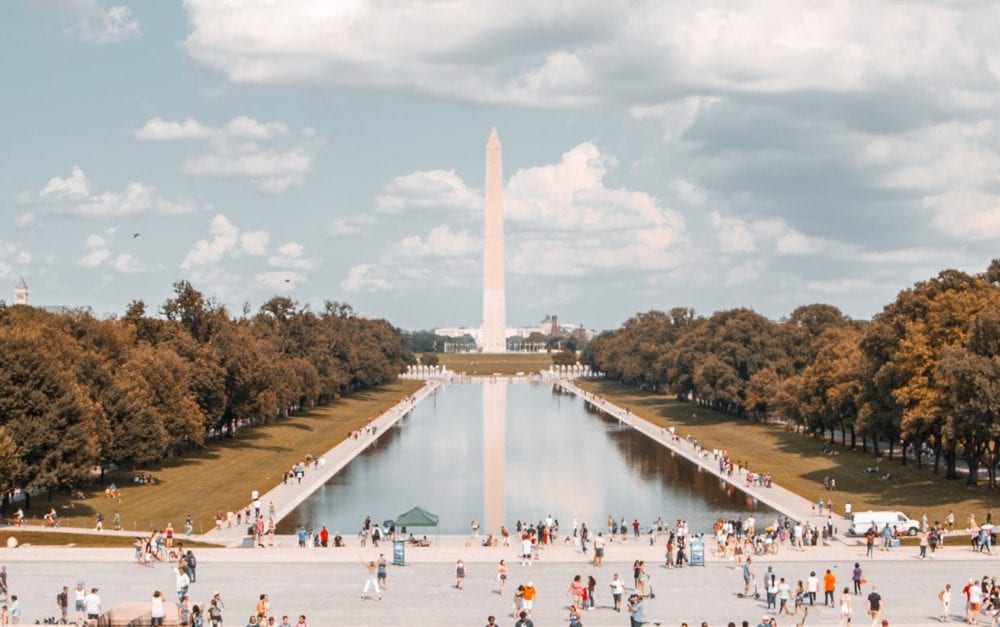On October 2, the Washington, DC council will conduct a first reading and vote on a revised short-term rental bill that eases some restrictions from the first draft but keeps the ban on second-home rentals in the ordinance. This draft increases the limit on non-owner-occupied rentals of primary residences to 90 nights per calendar year and reduces the penalty fee for first-time violations.
Other stipulations from Bill B22-0092: Short-term Rental Regulation and Affordable Housing Protection Act of 2017, originally introduced by councilmember Kenyan McDuffie, are expected to remain the same, including the following:
- Owners must be permanent residents and must register their homes with the District and obtain license numbers
- License numbers must be displayed in all advertising
- OTA platforms may not list a property without a license number
- Owners and OTA platforms must maintain transaction records and make them available to the city upon request
The council will debate the bill in its Committee of the Whole meeting at 10 a.m. prior to the legislative meeting at 11 a.m. Both meetings will be held in room 500 of the Wilson Building at 1350 Pennsylvania Avenue. Council chairman Phil Mendelson said in his media briefing today that he expects healthy debate, and that the bill will pass.
The DC Short-Term Rental Alliance (DCSTRA) opposes the ordinance. “If the intent of the bill was to help with the rising cost of living in DC, these steps are misguided,” said Karl Scarlett, co-chair of DCSTRA and founder of DC property management company Great Dwellings. “Short-term rentals make up such a small percentage of the homes in Washington, DC, and this bill only negatively impacts those homeowners who choose to use their homes as short-term rentals.”
According to a Morning Consult poll conducted and published last November, the DCSTRA found that 80 percent of DC residents agree that short-term rentals help DC homeowners afford their homes, and more than 60 percent of residents believe vacation rentals help the local economy and have a positive impact on local businesses that rely on income from vacation rental guests. The poll was sponsored by Chamber Technology Engagement Center, the tech policy hub of the U.S. Chamber of Commerce.
“We have reached out to the council and a few media outlets to request that more time be taken to derive a solution that works better for everybody,” Scarlett said. “We’ve added a petition option to our website but would ask any and everyone call and email their council members asking that more time be taken to draft a proper bill.” The DCSTRA’s official response can be read here.
The draft’s introduction comes after a $500,000 ad campaign opposing short-term rentals in DC began airing on September 19. The campaign is backed by the anti-short-term rental organization It’s Time D.C. with the support of AirbnbWATCH, a project of American Family Voices.
The organizations assert that commercial investors are taking away permanent housing options from residents by buying residential homes and converting them into “illegal hotels.” They are not opposed to homeowners renting a room or a whole primary residence.
It’s Time D.C. is also supported by the D.C. Federation of Civic Associations and Unite Here Local 25, a union of hotel workers in DC, Maryland, and Virginia. AirbnbWATCH is supported by the American Hotel and Lodging Association and local anti-short-term rental organizations around the country.
The new bill draft also follows a September 25 report by AirbnbWATCH. The associated blog post states, “The report illustrates that under the current growth trend, approximately 8,750 of current short-term vacation rentals in Washington, DC would rise to more than 13,370 rentals by July 2020. This would remove another 4,600 or more residential homes from the city’s housing stock. However, if the Washington, DC ordinance is enacted, the number of short-term vacation rentals would decline to under 6,500 rentals.”
According to AlltheRooms.com, there are generally more than 6,000 homes or apartments available in the District, and as many as 8,000 or more available around peak travel periods, such as Christmas.
According to Destination D.C., the city hosted a record 22.8 million visitors last year. Travelers spent $7.5 billion in the city, generating $814 million in tax revenue and supporting 75,048 jobs.


